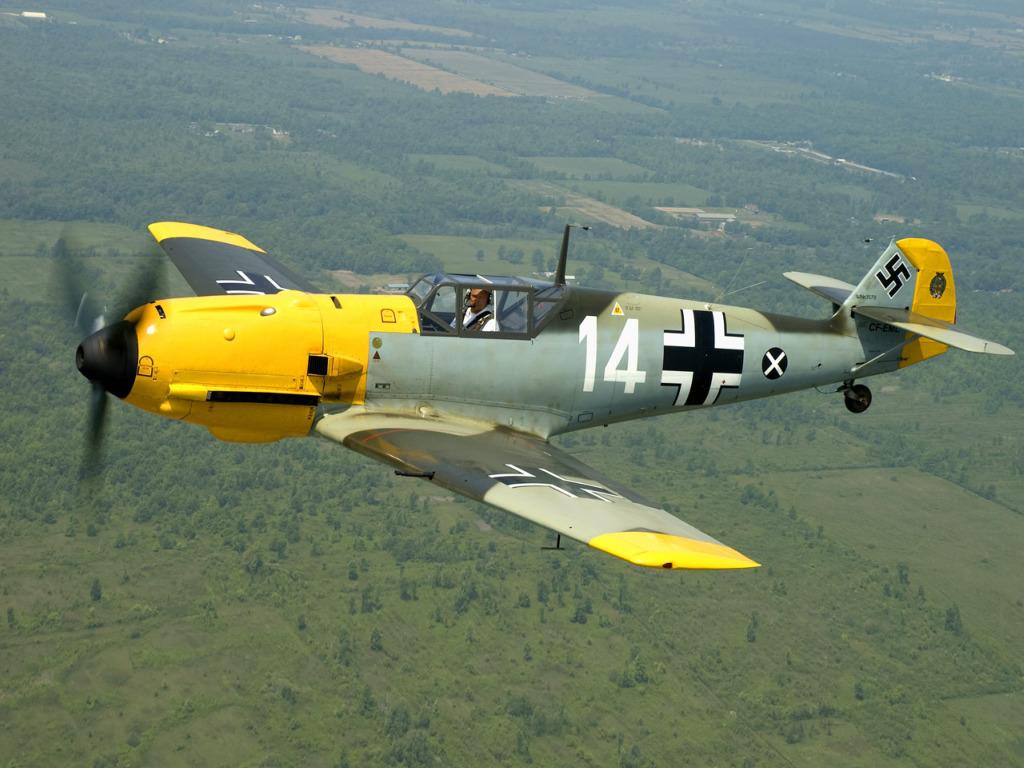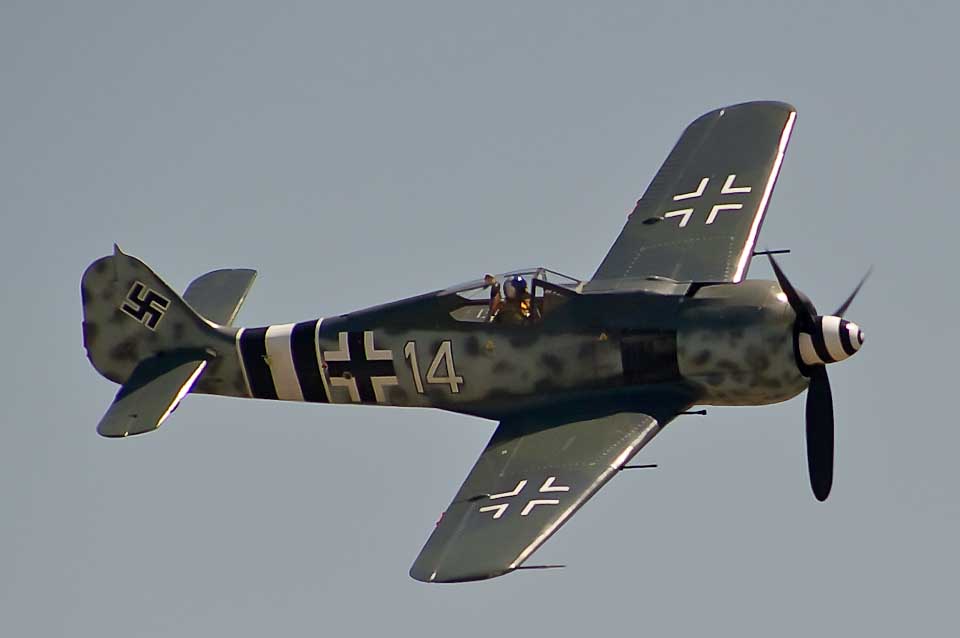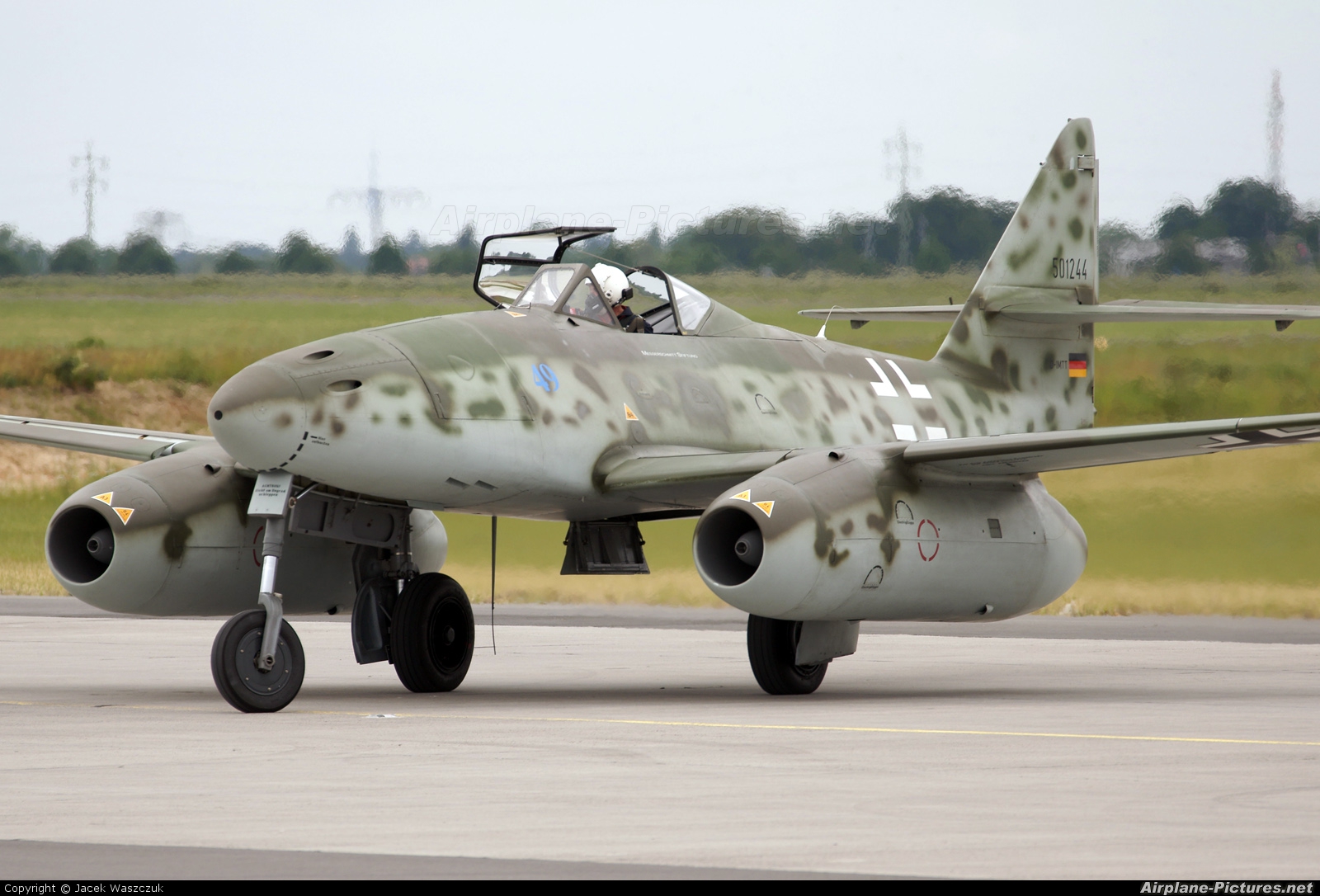Hamburg, September 20th 1944, 12:13:
Attorney of law Dr. Peter Voss was looking at one of the pictures he had received by post, showing young Anne Frank while writing, a picture which would become – or already was? Finding the right tense was difficult sometimes – quite famous. The handwritten addendum on the back was unique, though. "Thank you everything! Anne." He had seen Anne and her family one time after their initial meeting. They had many problems, some running very deep, but after six sessions of mediation, they had found a modus vivendi on which they could all agree on, at least for the time being. While he was still contemplating where to hang the picture, the doorbell rang. Due to his secretary being ill, Voss made his way towards the door to open it by himself, all the while he was hearing two people heatedly discussing something outside.
"Sir, this isn´t Black and Lost, but a single attorney," a woman implored.
"Nonsense," a male voice replied resolutely, "I have an appointment with Dr. Voss and I shall attend it!"
"But, Sir," the woman exclaimed. "This isn't Mr. Daniel Voss, LL. M., from Black and Lost, but…"
Dr. Voss opened the door, abruptly putting a halt to the discussion outside, but when he saw who was actually standing there outside of his office, his jaw dropped to the ground. Donald Trump!
"Good morning," Voss greeted he man and his…assistant?...not having realized that it was already noon, but working on an appeal to the Federal Court of Labour did funny things to your sense of time, but at least it was done after gruesome three weeks. "How may I be of help?"
"Ah, I´m Donald Trump and I´ve got an appointment with Dr. Voss," Trump said. It´s indeed him, a voice halfway between panicked and amused whispered in his mind.
"I´m Dr. Voss, but not the…" Voss tried to say, but Trump interrupted him. "Excellent, we have much to discuss." With a resigned sigh, Voss just stepped aside and allowed Trump and his assistant – who glanced at him with an apologetic expression – in.
"As you´re probably aware my grandparents on my father´s side were Germans," Trump started when they were seated in Voss' office. That explains why he´s here, Voss thought. Out loud he said: "No, I didn't know that."
"Due to that," Trump continued, "I was also taken back in time. I´ve taken Chancellor Merkel up on her offer to a German passport, which is why I´m a German citizen now. To cut it short, I want to restart my business, both in construction and in politics."
"Well," Voss replied with slowly dawning horror. "I can advise you on both, constitutional and in merchant and private law."
"Excellent!" Trump exclaimed. "You see, Germany may be great now, but I can make it even greater and to archive that I need to become president of…erm.."
"It´s Federal Republic, Sir," his aide added shyly. "I wasn´t introduced before, but I´m Nadine Koops and it´s a pleasure to meet you." Voss wanted to greet the young woman as well, but Trump was already continuing as if his assistant hadn't said anything at all.
"Yes, whatever, I want to become president."
"May I ask why?" Voss asked cautiously.
"Because Mrs. Merkel has to be stopped!" Trump nearly shouted. "She´s ruining Germany!"
"How so?" Voss wanted to know.
"Well, she could have nuked Moscow, for starters," Trump replied. "I would have. I´d have made Germany great again and feared by the whole world. Then she should make a deal with the US and Britain and if they don´t agree, we can nuke them, too. And her economy politics…"
"Mr. Trump are you sure you want to become Federal President of Germany?" Voss interrupted the other man´s rant.
"Of course I am!" Trump replied without a second of hesitation.
"That´s gonna be difficult, though," Voss told the man. "The next time the president is scheduled to be elected would be 2017…or rather 1947, barring no war by the federal assembly."
"I have to wait until 1947?" Trump repeated incredulously.
"Indeed," Voss affirmed. "And you can´t run on your own, anyway. You need to be sponsored by party." He took a sip from the water glass on his desk. "Are you even aware that the presidency, unlike the American one, is representative? You wouldn't be able to exert much influence on politics, because in Germany it´s the chancellor who has the actual power."
"Then I´ll just need to become chancellor then, won´t I?" Trump interceded.
"But even then, you´d need the support of one or several parties," Voss told Trump. "The chancellor isn't elected by the people, but by the parliament which represents them."
"Pretty crappy system, isn´t it," Trump said haughtily. "The people should vote him directly. One man, one vote, as I say. Another reason to become chancellor then, to overhaul this undemocratic system!"
"Which the electoral college isn´t?" Voss shot back. "Bush had less absolute votes than Al Gore and yet he became president. Not really one man, one vote, isn't it?" He paused for a moment. "Besides, it´s very unlike that one party alone has the majority to elect the chancellor, so you would probably also have to form a coalition with another one…or two."
"You mean I´d have to enter a party?"
"Theoretically, yes," Voss answered. However, he did not mention that this wasn't a legal necessity, as Ludwig Erhard himself had only joined the CDU after he had been elected as chancellor. "Anyway, becoming chancellor candidate for a party requires a lot of inter-party connections and more or less hard work. Late comers usually don´t make it that far."
"I´m Donald Trump, don´t forget that!"
"How could I?" Voss muttered under his breath. Out lout he said: "You may be, but you still need the sponsorship of a party."
"Can´t I just found my own one?" Trump asked.
"You could," Voss replied, "but it´s incredibly difficult to establish a new party. The last one to successfully manage it were the Greens. All other parties are as old as the Federal Republic itself, or even older. Many attempts have failed so far, the Statt party, PRO or the Pirates…."
"The Pirates?"
"Internet nerds," Voss explained. "They´re all for freedom of the internet and civil rights."
"Bah, liberal nonsense then," Trump cursed.
"I rather thought so," Voss said. "There´s also the Left Party…"
"Communists should be shot instead of being allowed to form their own party!"
"The Greens are too left, the FDP is too liberal," Voss summed up. "The CDU is Angela Merkel´s home turf and the CSU, or rather its chief, would never allow someone to enter who could challenge him. Then there´s the SPD…"
"What about the AFD?" Trump interrupted.
"Well," Voss gulped, "they certainly fit the profile of the US Republicans and they tend to criticise Angela Merkel a lot. There´s a lot of infighting there, though, between the liberal and the far-right wing, with the former fighting a loosing battle. They´re also tethering on the edge of still being constitutional."
"But I could make it there?" Trump wanted to know.
"Certainly," Voss replied.
"Well, I see I went to the right lawyer then," Trump stated as he stood up and buttoned his jacket. "You´re hired. My assistant will give you all the documents you need." And with that he turned around and left the office, not before – much to Voss' shock – giving a squeeze to his assistant´s bottom. When she saw Voss' expression, Nadine just shrugged.
"He pays well," she said. "Much of my family has lost their jobs due to the Event, so I have to pull my weight." She handed him over some papers. "Here´s your contract and your first assignment. Mr. Trump plans to build a skyscraper right here."
"There´s Blohm & Voss yard on the site," Voss pointed out. "He can´t build there."
"Then tell him that," Nadine shrugged. "By the way, you should definitely hire some additional staff. You´ll definitely need them." And with that she was gone as well.
With a huff, Voss sat down and stared at the paper. He really, really didn't want to do this, but with much of his business dried up due to the Event and with a pregnant wife and debts from the house they had bought, he clearly didn't have much of a choice.
At least, Nadine seemed to commiserate with him.





